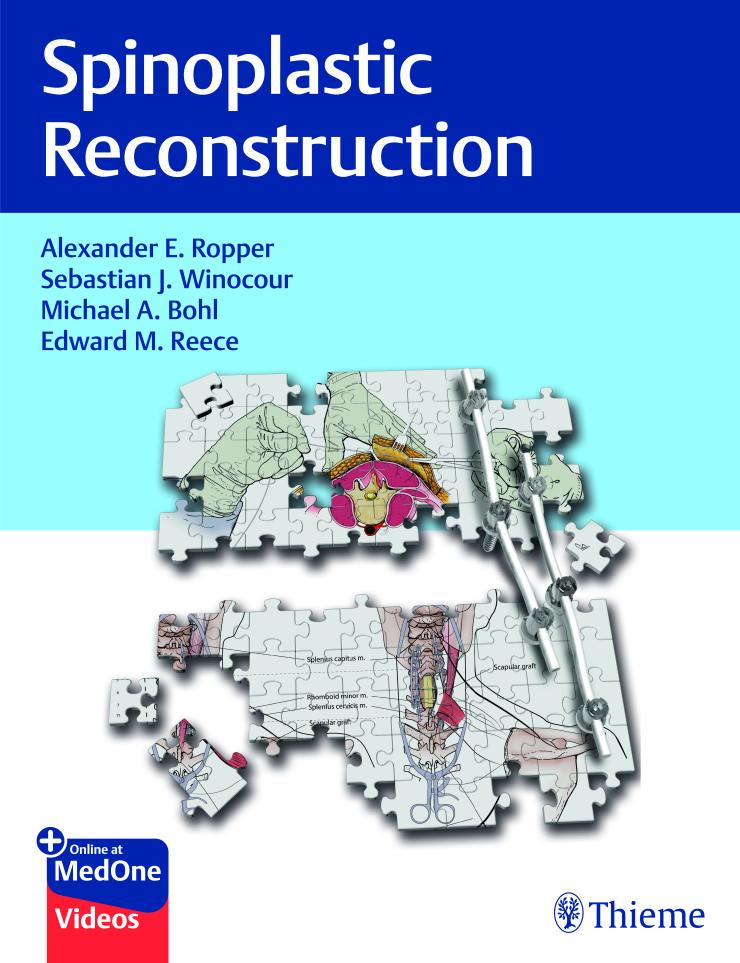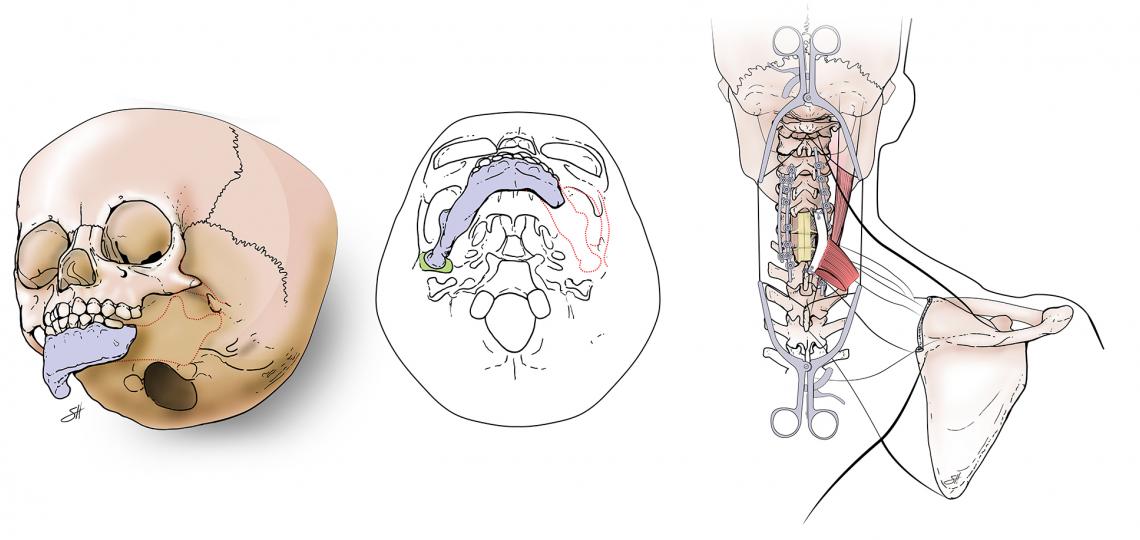Plastic Surgery Research
Cleft palate repair has been an established surgical procedure for over 50 years, faculty are implementing newly developed technology to bring this highly impactful procedure to children in low-resource communities around the world. As chairman of the medical board for Smile Train, Dr. Larry Hollier helps to oversee more than 2000 surgeons in 85 different countries, ensuring that cleft care is not only sustainable and scalable, but also of the highest quality. Under his leadership, Smile Train is pioneering the use of highly effective computerized simulation training, accelerating the number of qualified surgeons and support staff able to provide surgical cleft care safely. Newly integrated web-based platforms are enabling oversight of remote surgeries, providing evidence for effective and safe outcomes.
With refinement and value creation in craniofacial surgery as a focused priority among our pediatric faculty, we are improving the care of patients with facial injuries and congenital impairments. Better treatments for mandibular fractures is one focus of the division, including studies evaluating the biologic response to resorbable plate and screw fixation, which enables realignment and stabilization while sidestepping future issues related to long-term metal implant complications.
The department is seeking innovative ways to use advances in fat grafting science and technique. Recent studies have demonstrated that adipose tissue, which contains adipose tissue-derived stem cells, offers proliferative and regenerative potential. Autologous fat transfer can be used for breast reconstruction and facial surgery, but also offers a valuable new approach to address contractile scar formation and fibrosis.
In addition to these clinical and scientific advances, division faculty have published numerous studies related to value-based cost allocation, telehealth implementation, business policy, and training in order to best position the field of plastic surgery to meet future challenges.

Dr. Sebastian Winocour and colleagues have published a groundbreaking textbook Spinoplastic Reconstruction. This comprehensive resource covers the terminology, indications, evidence-based techniques, outcomes, and alternatives that form the foundation of spinoplastic surgery. The book is divided into nine sections and 42 chapters, starting with an exploration of the historical and future significance of multidisciplinary surgery and the emergence of spinoplastic surgery to address the increasing global burden of spine disease. The second section delves into applied anatomy, biomechanics, and spinal stability. Sections three through nine offer in-depth discussions and insights on bone healing, bone adjuncts, perioperative management, surgical spine exposures, vascularized autologous bone grafts and flaps, soft tissue spinal reconstruction, and complication management.








 Credit
Credit
